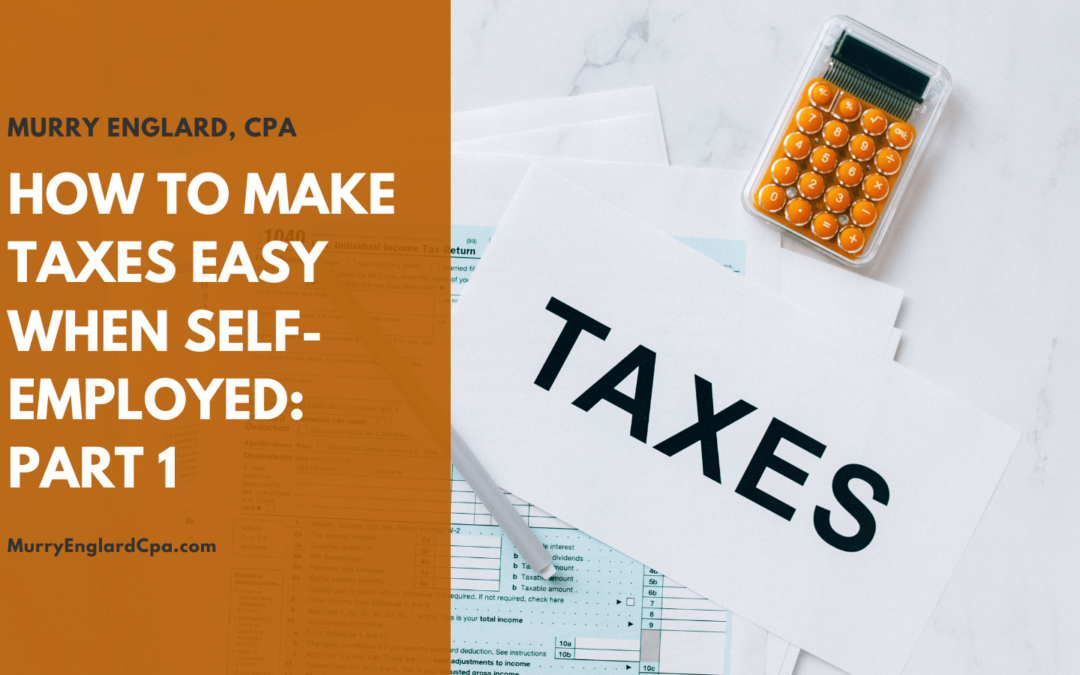When tax season arrives, the time has come for you to finish your bookkeeping. During tax season, most self-employed people feel like it’s the most stressful time of the year. This is because it involves preparing their taxes, which is not something they typically learn in school, and being self-employed requires some extra steps to ensure taxes are all filed accurately.
In this article, we’ll talk about all the necessary steps that you need to take to prepare for taxes. Whether you hire a tax professional or file for yourself, these steps will ensure that you can handle the season without any issues.
Organize Paperwork into Categories
Keeping track of loose documents can be challenging, especially if you have many. One of the most effective ways to keep track of your important documents is using file folders. You can easily pick up several of these from an office supply store and put them in a category. When you get a bill, ensure it’s in its place immediately, so you don’t have to hunt for it later.
If you’re planning on having fewer folders, make sure they have the following categories. These will help keep track of your important documents, such as W-2s, medical expenses, and banking information. You can add other categories if you have young children or dependents.
If you’re a self-employed individual, you’ll also have separate business income and expenses categories. These will help keep track of all of your essential documents.
Record All Business-Related Transactions
One of the most critical steps you should take when completing your bookkeeping is ensuring that all of your financial data is complete. Having all of your financial records will allow you to keep track of all of your important transactions.
Many freelancers don’t file taxes on time because their bookkeeping isn’t done. If you’re a year behind, start working on catch-up work early. Doing so will allow you to complete your bookkeeping on time and avoid dealing with the stress of doing it all over again in one weekend.
In a perfect world, your business expenses would be paid through your bank account with the help of a couple of cats and a rainbow. However, in reality, there are many instances where mistakes can happen. Don’t forget to record business transactions paid through your personal accounts.
If you’re planning on using your bookkeeping program to record your business expenses, make sure they’re clearly labeled so they can be claimed as tax deductions. Doing so will allow you to lower your tax liability.
Write Notes on Relevant Receipts
If you’re reporting income as a self-employed individual, you’ll also need to include the details of the transactions, such as the type of expense, the location, and the name of the store where the product was purchased. For instance, let’s say that you met a potential vendor for a business lunch. You’ll need to provide a receipt that clearly shows the name of the restaurant, the date, and the total amount paid.
Make sure you write down all of the details you will use on your receipt and put them in the appropriate place so that they can easily be accessed when you file your taxes.

